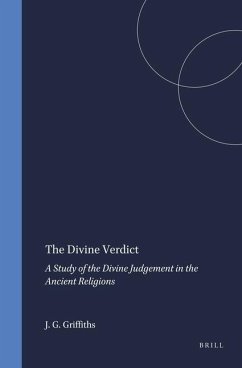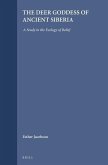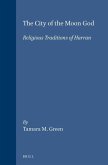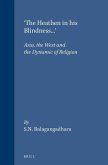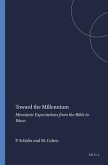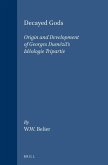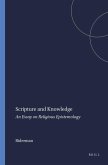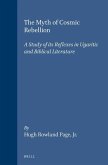The theme of divine judgement has often been treated, but usually with a concentration on one it its two main aspects: either that which is seen in the present life and in history or that which is believed to occur only after death. This new study seeks to combine the two aspects. It also tries to cover the whole spectrum of the ancient religions. Special attention is given to Israel, Greece, and Egypt. Israel's neighbours are also considered, and there are discussions of Judaism, Christianity, and Zoroastrianism. In several areas, notably in Egypt and Israel, it is shown that punishment in this life is sometimes presented as a fate that man brings upon himself rather than as one imposed by God, though always against a moral background derived from religion. The origins of judgement after death in the Judaeo-Christian tradition are examined in some detail and elements are traced to Egyptian, Zoroastrian, and Judaic sources.

